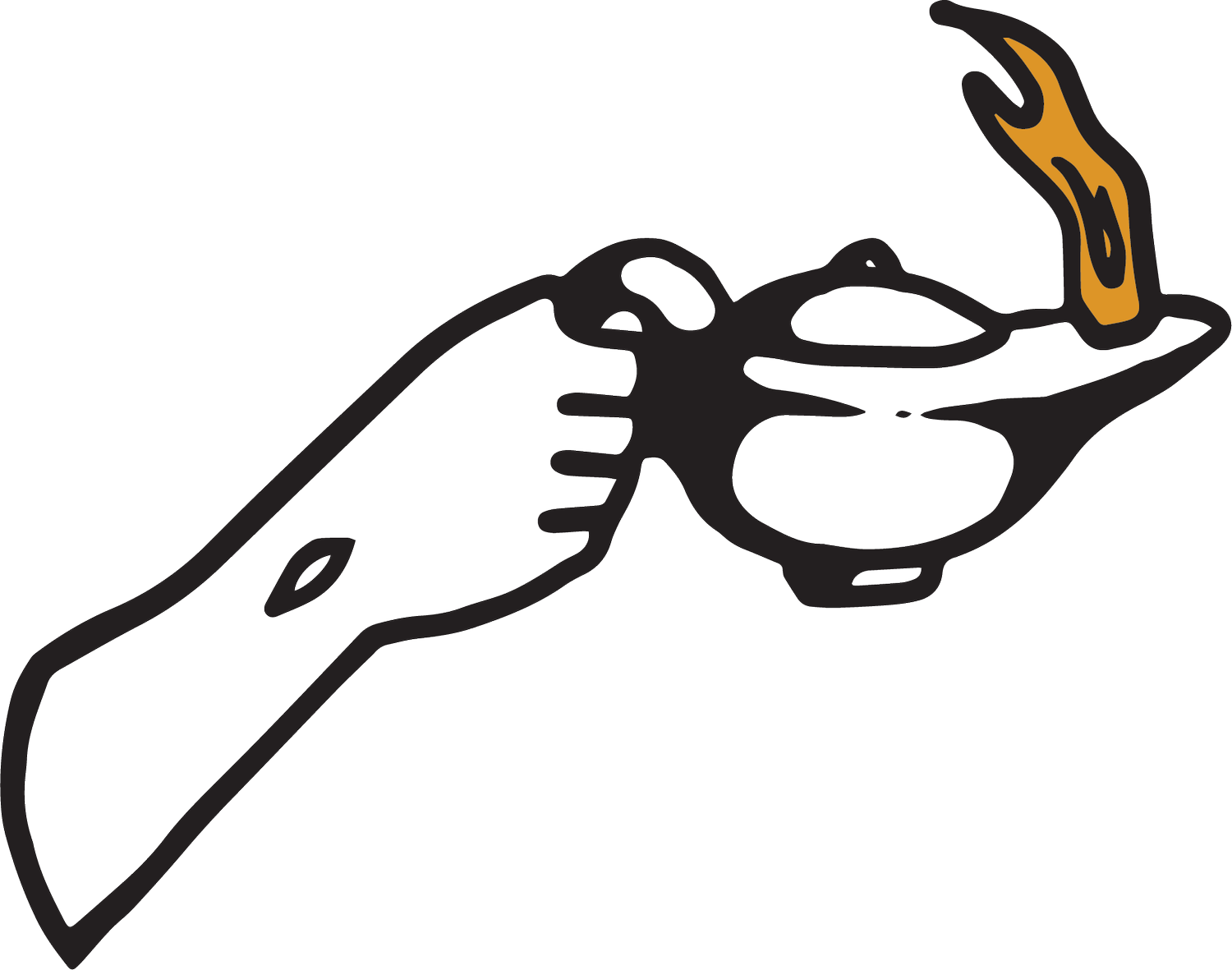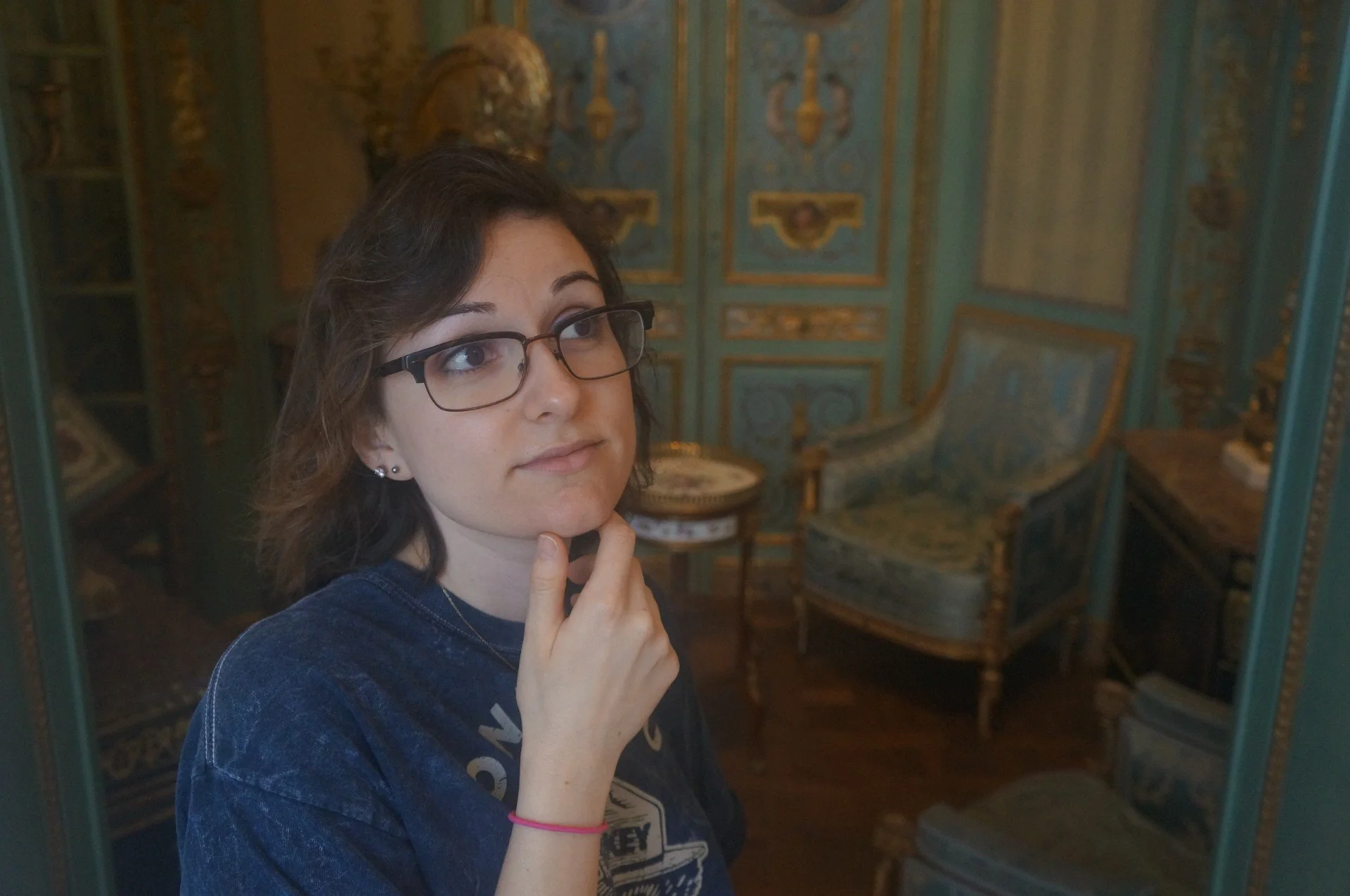Letter from A Previously Fatherless Daughter
The Lost Child By Arthur Hughes, 1866
An Essay by Anna Lynch
When I was four, my dad left.
I snuffed myself out, swore I would never melt again. You reassure me, tell me you’re my Father now, but all I know about dads is that they leave. They don’t love you the way you love them, and they ruin the way you look at all other men for the rest of your life.
Why would I want to have another one of those?
I’ve been slow to warm up, I know. You’ve asked me, “close your heart to every love but mine; hold no one in your arms but me. Love is as powerful as death; passion is as strong as death itself. It bursts into flame and burns like a raging fire” (So. 8:6, GNT), but my love is better described as a candle’s wick that’s already burned so low it can’t keep itself lit. I’ve never truly been a father’s daughter before.
I don’t think I can trust it.
But I loved it when we went out driving along the Long Beach coast this summer. I wanted to get to know You a little better, wanted to light a match just to watch it dance. We got into my red Kia and opened up the sunroof, and I pressed down on the gas, my hair whipping up a whirlwind, and I whooped and hollered because I’d never felt so carefree before, not with anyone else. It made me laugh until there were little beads of saltwater gathered at the corners of my vision. The sun dropped eye-level, and somehow it felt like You. The way it made me scared to look right at it, but the undeniable brightness it brought to my day. I knew from the way You smiled at me how proud I felt You were, that You saw how I was beginning to come around to the idea of depending on someone again.
I know after that, You had hoped we’d bonded enough for me to come to You about anything, but that fearful voice curling up from the pit of my stomach, burning on my tongue like acid reflux, told me I shouldn’t. That I should keep my burdens to myself so I could protect myself from the pain of your eventual, inevitable abandonment. Even as I listened to that voice, I knew You were different, and I could trust this time, but that scalding, sour sickness won over.
You heard me crying in my room. You knocked on the door, begging, “do not fear, for I have redeemed you; I have called you by name; you are Mine” (Isa. 43:1, NASB). But I pretended I couldn’t hear You because it was breaking my heart to reject You.
I drove to the beach again, but it wasn’t the same. My car felt too big without You there, and the frigid ocean wind bit my cheeks, making each lock of my hair sting as it buffeted my skin. You had been right, of course. I do belong to You.
When I came back home, You were there, waiting for me, like I knew You’d be, like You
said You’d be. When I called your name, You stopped what You were doing and put the full force of your undivided attention on me. For a moment, I couldn’t speak. The shame of turning on You weighed so heavy, I felt I didn’t deserve your forgiveness.
Why were You so patient?
Why didn’t You yell when I frustrated You, the way my dad had?
When I listened to your advice but still ignored it, why didn’t You leave? That’s what dads were supposed to do.
I collapsed on the kitchen floor in a heap of hot tears and watery snot, blinded by my grief and gasping between sobs. Why were You so good? And why was I so bad?
You sat beside me, silent, letting me experience my emotions. After all, “you are intimately acquainted with all my ways" (Ps. 139:3, AMP); You know me better than I ever will. Then You pulled me to your chest, brushed my matted hair out of my face, and cradled me, reminding me again and again that You are there, “that I am not alone, because my Father is with me always” (John 16:32, NIV). I remember nodding into your shoulder, and You kissed my temple.
My body went limp in your arms because I finally gave in, stopped fighting, and let myself melt the anxious tension that had been freezing me for the past two decades.
I don’t fear having a father anymore. In fact, I kind of love it. I love that You’re always there to go on adventures with me. We drive by the beach a lot, but You also come to the record store with me, helping me find a new favorite artist, guiding me to stumble on a disc I’ve been hunting for all year.
You protect me on dates, letting me know that he’s not the one, and You make sure I get home safe even if my disappointment drives me to distraction. You asked me to burn brightly for You, and even though my wick only emits a faint glow right now, it’s the warmest I’ve felt in all my life.
So, I guess I wasn’t wrong about fathers after all. It’s true that they leave. But Your kind of “leaving” is much different. You leave me space to make my own decisions, never manipulating or coercing me.
It’s also true that they don’t love you the way you love them. Because no matter how much I love you, I’ll never be able to comprehend the magnitude of the love you have for me.
And lastly, they ruin the way you look at all other men for the rest of your life. Because if there’s anything being your daughter has taught me, it’s that I deserve someone who treats me the same way you do, who knows that good “husbands are to love their wives as their own bodies” (Eph. 5:28, CSB). Someone who works hard to stir up the desire in me to obey You when another gust attempts to blow my flame back into a flicker.
Anna Lynch is an MFA student at Cal State Long Beach. She is an aspiring YA novelist and hopes that by telling stories of teenage emotional turmoil, she can help heal other teens as they see their lives reflected in hers. Finding God has allowed Anna to be more confident in herself as a writer and person, and she hopes to give Him glory through her written work.



